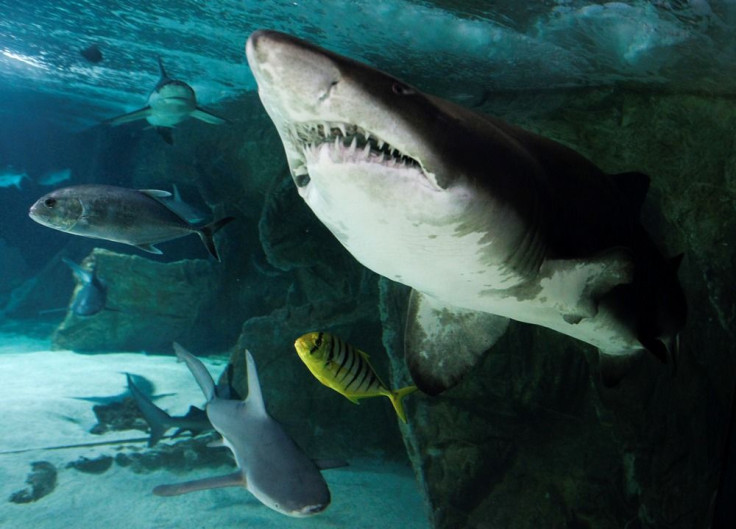Shark Attack In One Of South Carolina's Riskiest Beaches Left Man Injured

A 30-year old man from South Carolina sustained injuries from a shark attack that took place in a Charleston, South Carolina beach on Friday afternoon. This area has recently been identified as one of the most dangerous U.S. coastlines, The Post and Courier reports.
The attack reportedly happened around 2:15 p.m at Sullivan’s Island. The shark, which measured six feet long and appeared to be a sand shark, attacked the unidentified man, who sustained an injury to his foot.
The man was taken to Mount Pleasant hospital where his wounds were stitched. The victim is in good condition despite the injuries, officials of Sullivan Island said. When authorities responded and headed to the scene, they were able to locate the shark but they said it didn’t act aggressively.
When the authorities confronted the animal, it simply swam away. After the attack, no other sharks were seen scouting the area.
In 2014, a study was conducted at Sullivan’s Island, together with neighbouring beach Folly Beach and was found that these beaches are among the riskiest places when it comes to shark attacks. The study was conducted by researchers Erich Ritter, Raid Amin and Ashleigh Wetzel, according to the Post and Courier.
The study has found that beach frequenters find themselves to have 35 times more chances of being confronted by sharks in those two beaches than anywhere near the Carolina coastline. The study investigated the geographic distance between attacks and correlated the results with the estimated number of people seen in those areas all year-round.
Discovery Channel reports that shark attacks result in 10 human deaths every year on average. According to the National Oceanic and Atmospheric Administration, or NOAA, sharks do not normally find humans as potential prey; however, if they attack, it is most likely a result of mistaken identity.
Shark attacks on human are more of a product of confusion or curiosity. NOAA states that if a shark sees a human splashing about in the water the animal would be curious and will investigate, which leads to an “accidental attack.” Still, sharks have more reason to fear humans that the other way around.
To report problems or leave feedback on this article, email: wendylemeric@gmail.com.





















